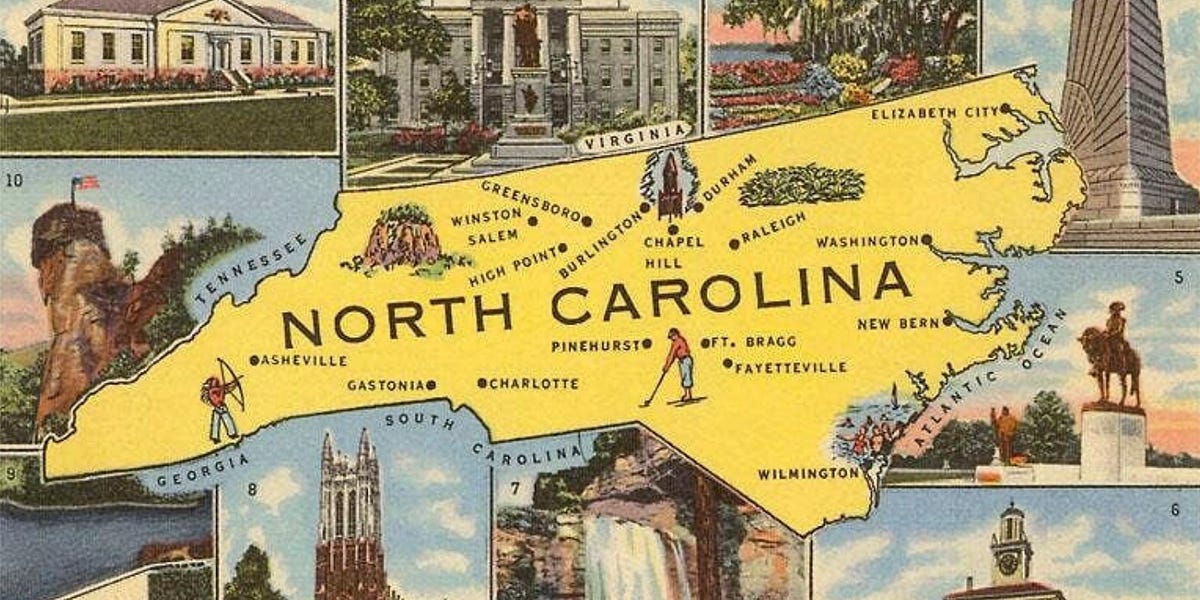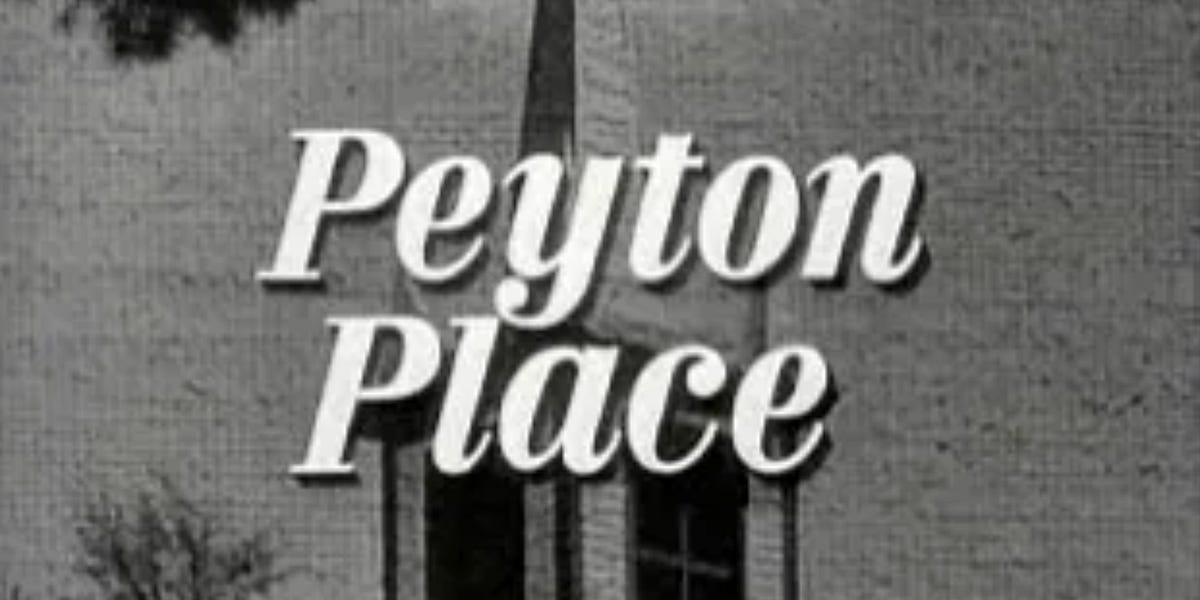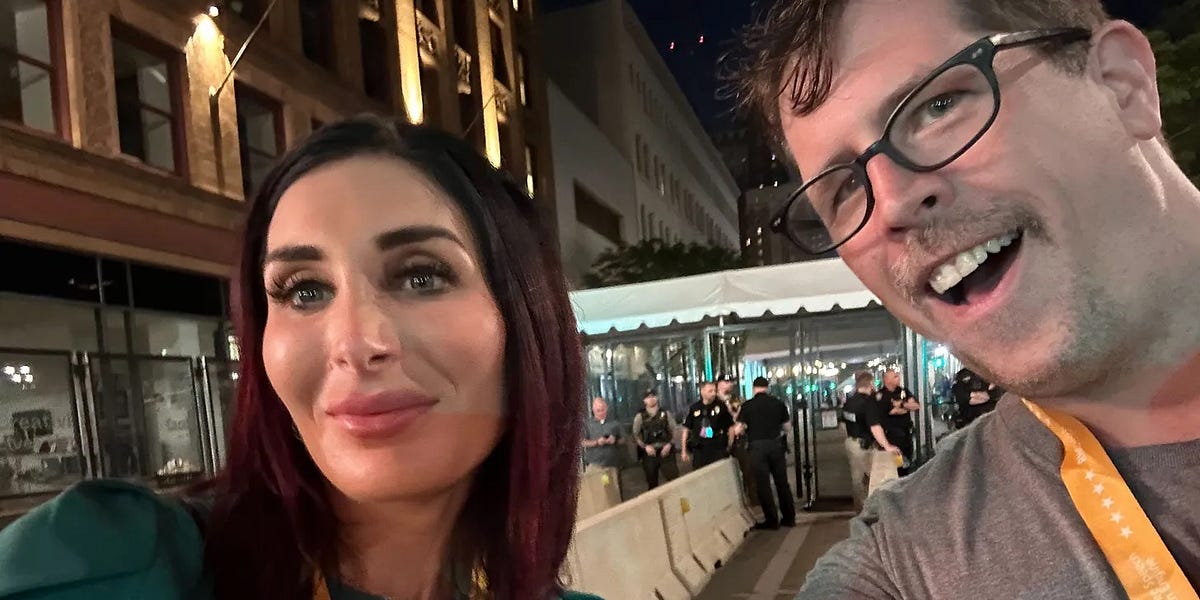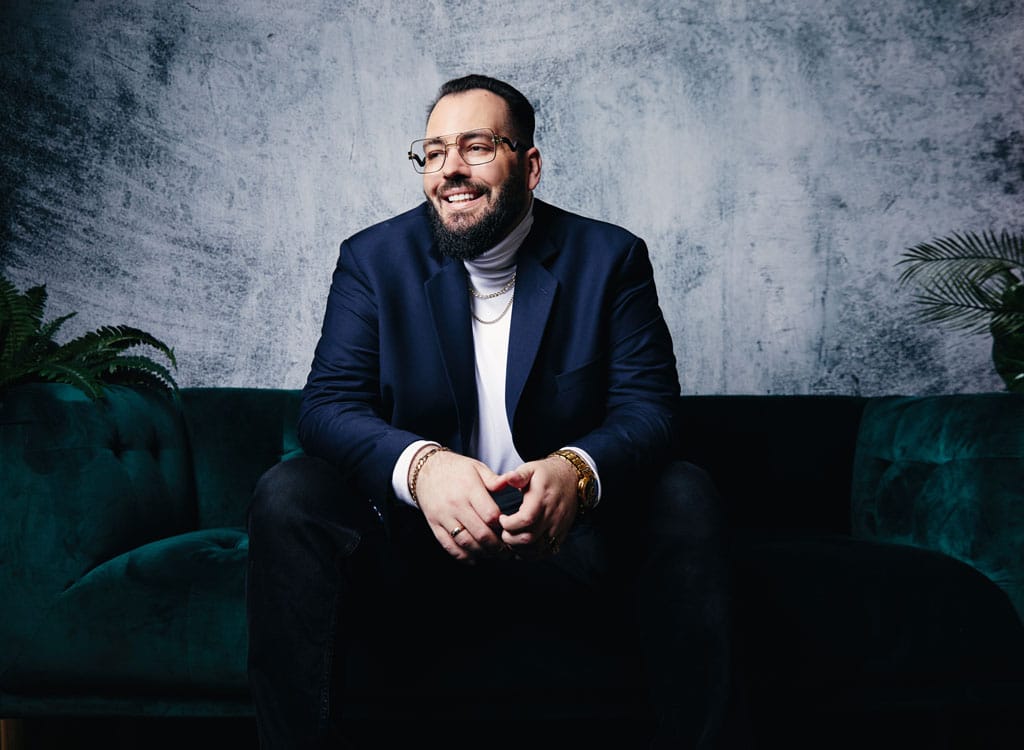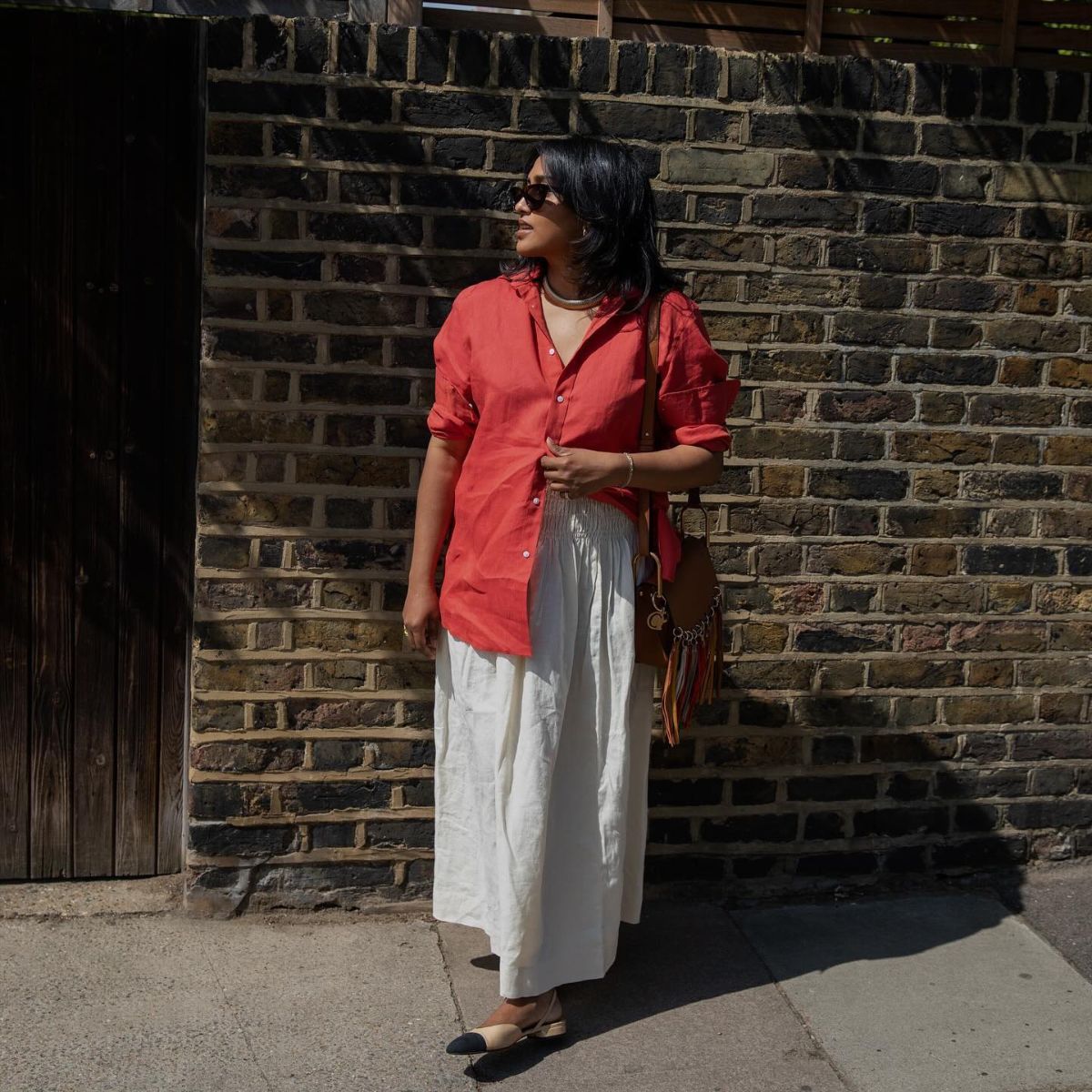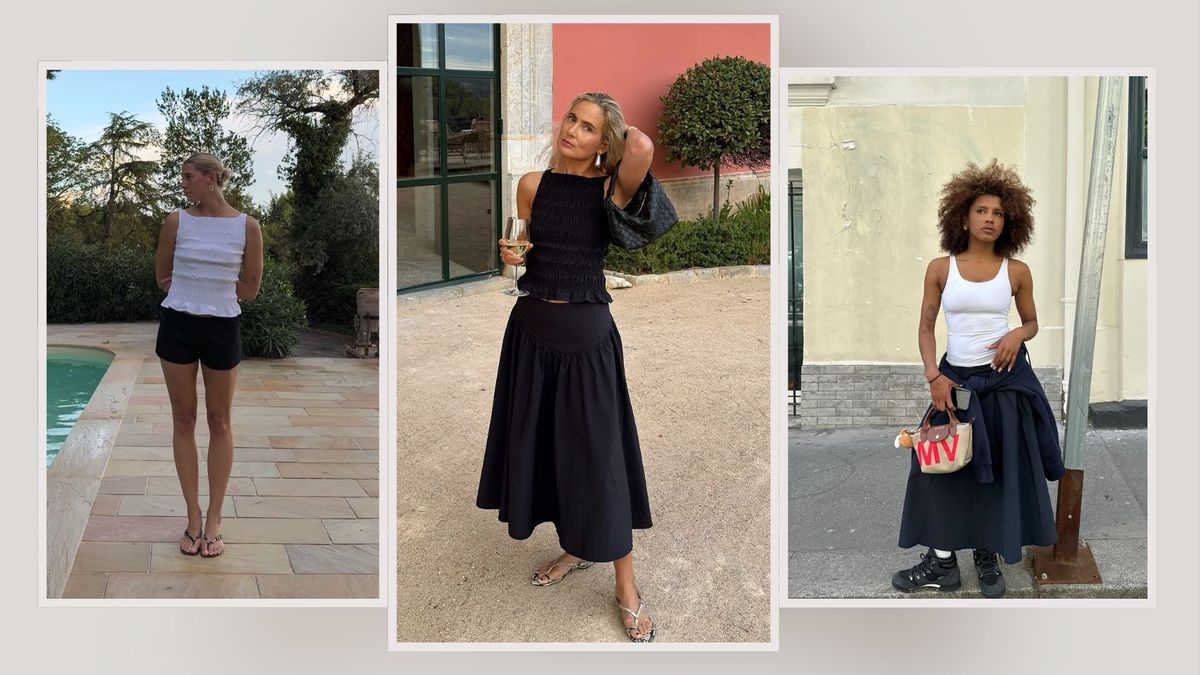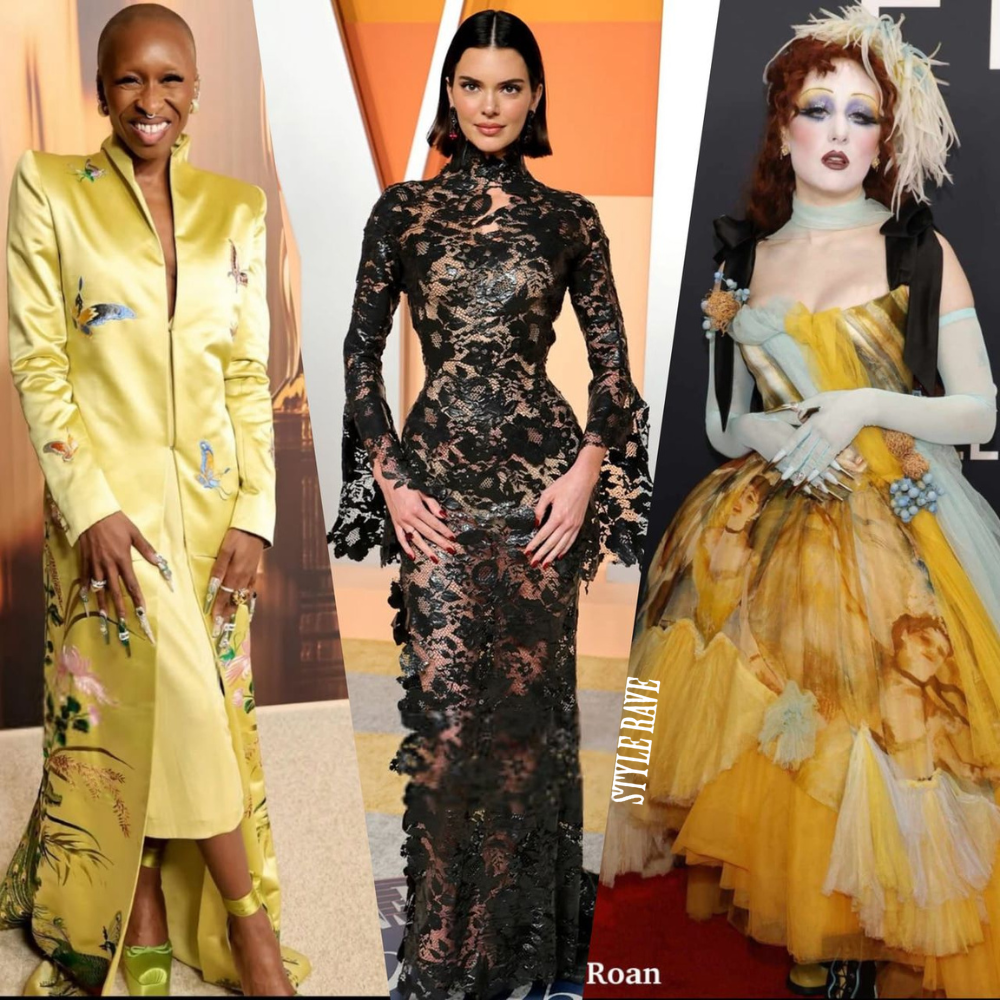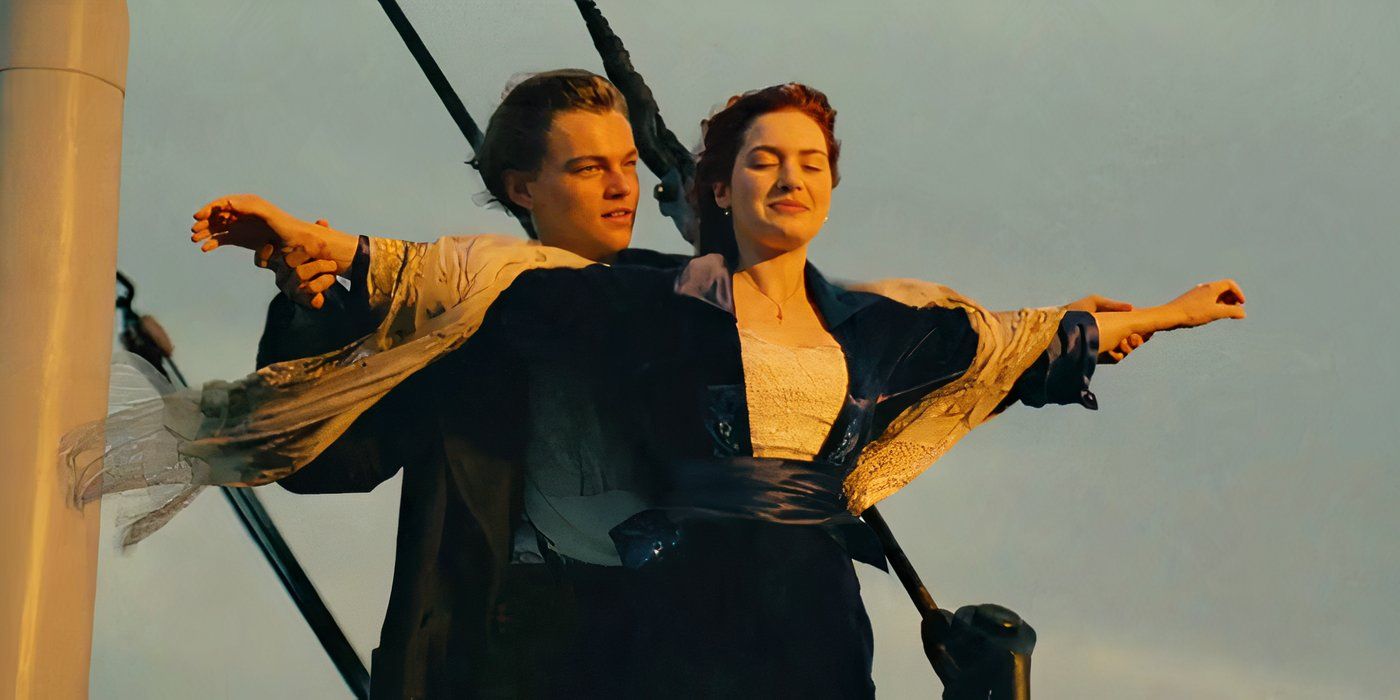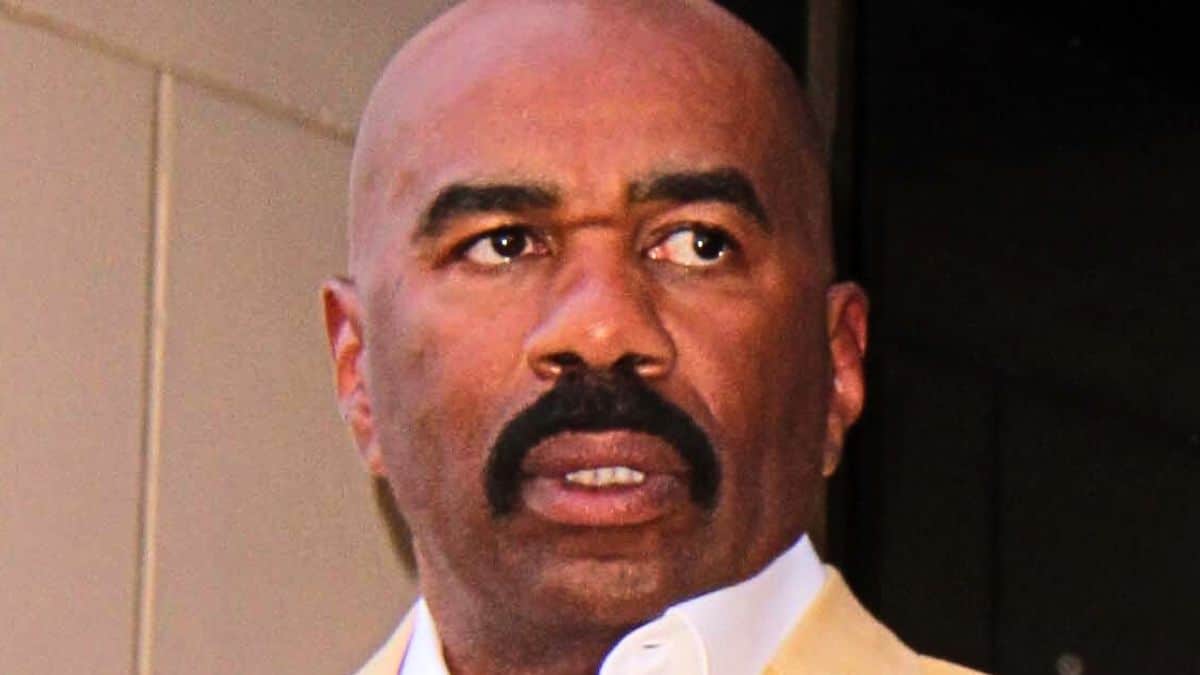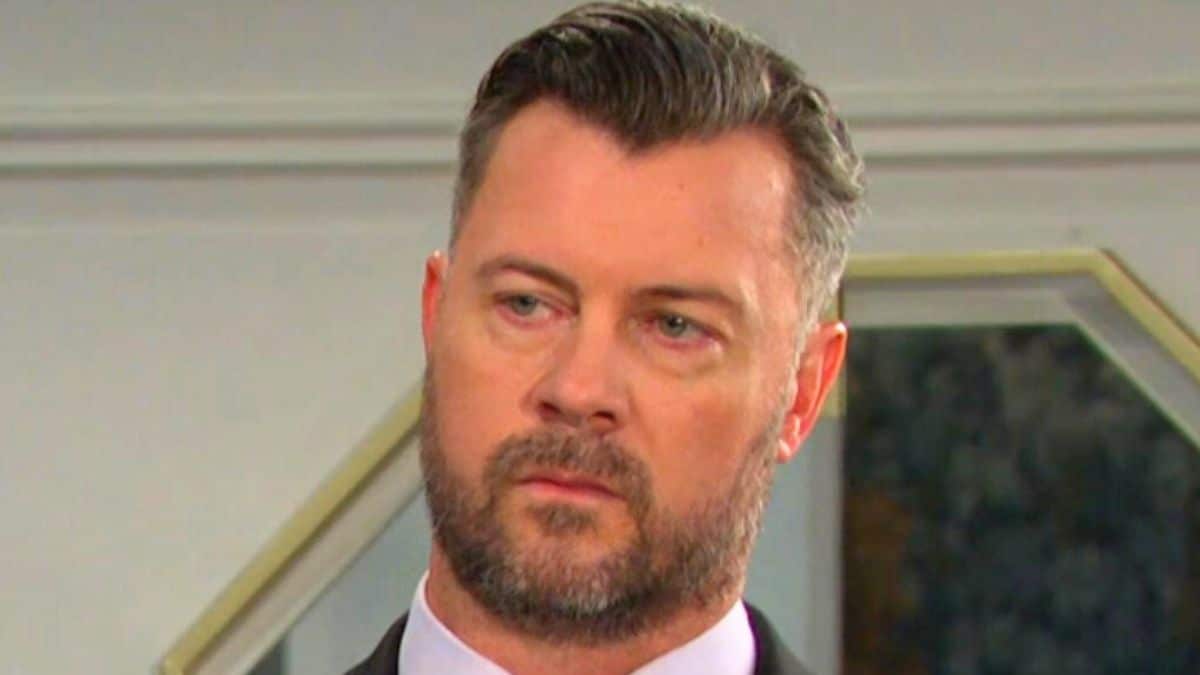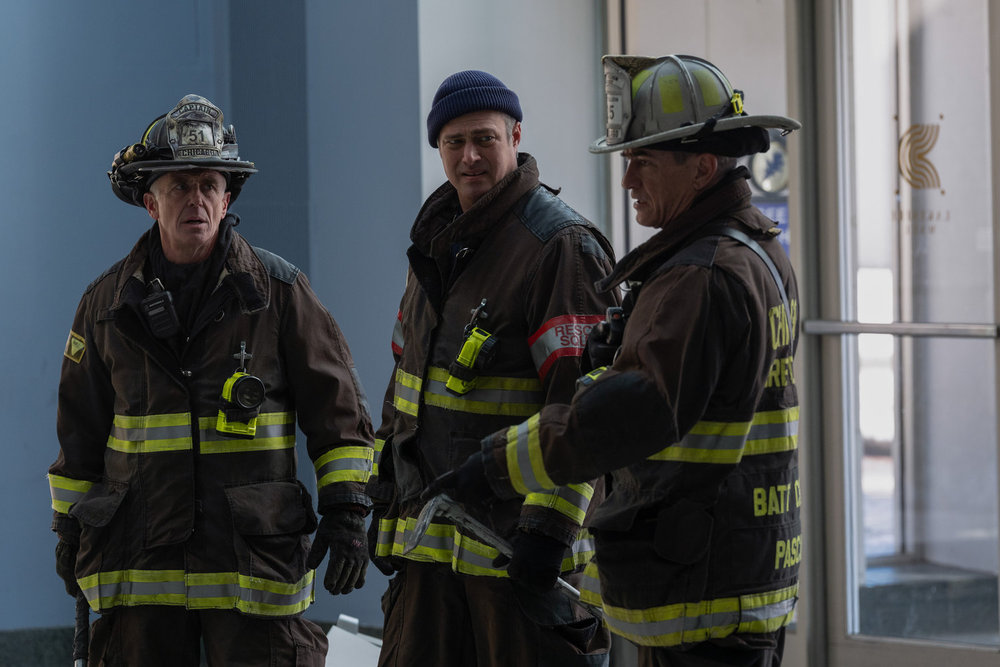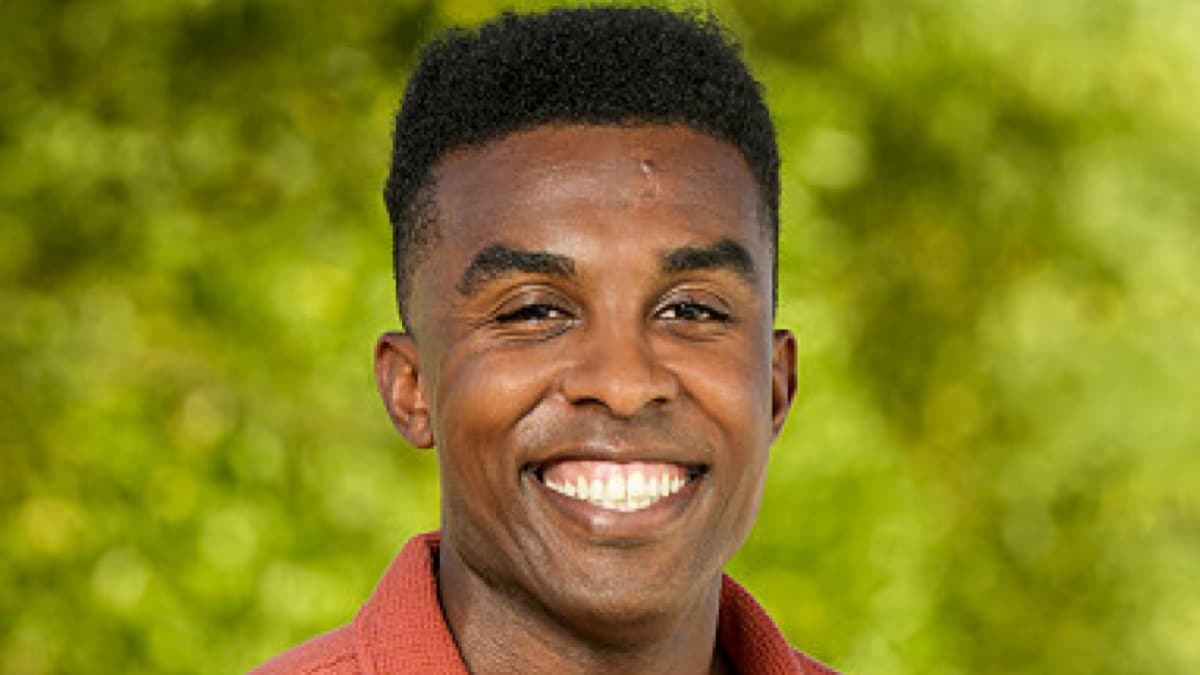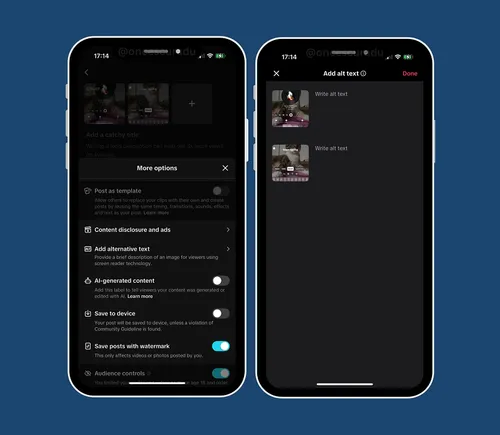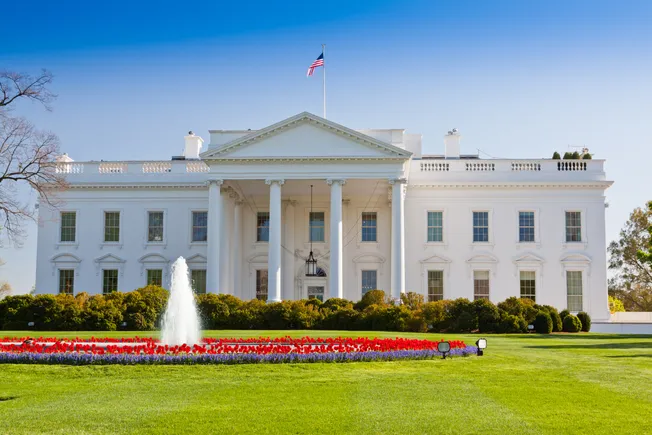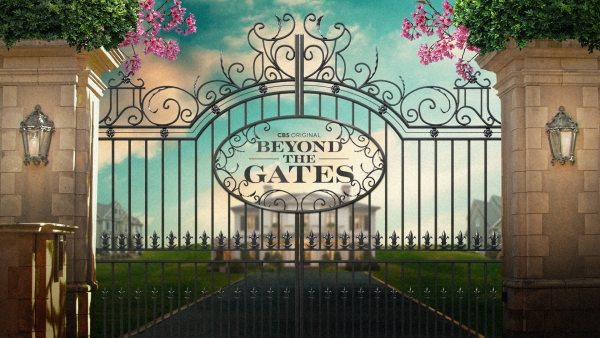
Warnock (b. 1969) recounts his unlikely journey from Savannah to Washington, D.C. His mother once had picked cotton and tobacco; his father, in the hauling business, also served as a minister. With 12 children, the family struggled financially, and when Warnock seemed headed for the ministry, he worried about earning a decent living as a pastor. A bright student, he decided to attend Morehouse College, Martin Luther King’s alma mater, where he thrived. At 19, he was selected to join a task force to study the correlation between teen pregnancy and infant mortality, “the only teenager,” he recalls, among appointees from 16 Southern states. The first college graduate in his family, Warnock went on to Union Theological Seminary, where he encountered “a fellowship of thinkers and disciples whose lives challenged me and changed me.” He became increasingly moved to speak out on issues such as HIV/AIDS, criminal justice reform, capital punishment, and voting rights. In 2001, Warnock was recruited to become senior pastor at Douglas Memorial Community Church in Baltimore. Four years later, he was the successful candidate in a pastoral search at Atlanta’s Ebenezer Baptist Church, whose congregation, he notes, “was full of political heavyweights, community servants, and civil rights movement icons, including Congressman John Lewis, Christine King Farris (Dr. King’s older sister), and Coretta Scott King.” With the encouragement of Lewis, Stacey Abrams, and others, Warnock entered the senate race in 2020, which resulted in his historic win. Still Ebenezer’s pastor, Warnock believes “that democracy is the political enactment of a spiritual idea. It affirms that we are all children of God, that we all have within us a spark of the divine, and therefore a right to help determine the direction of our country and our own destiny within it.”







